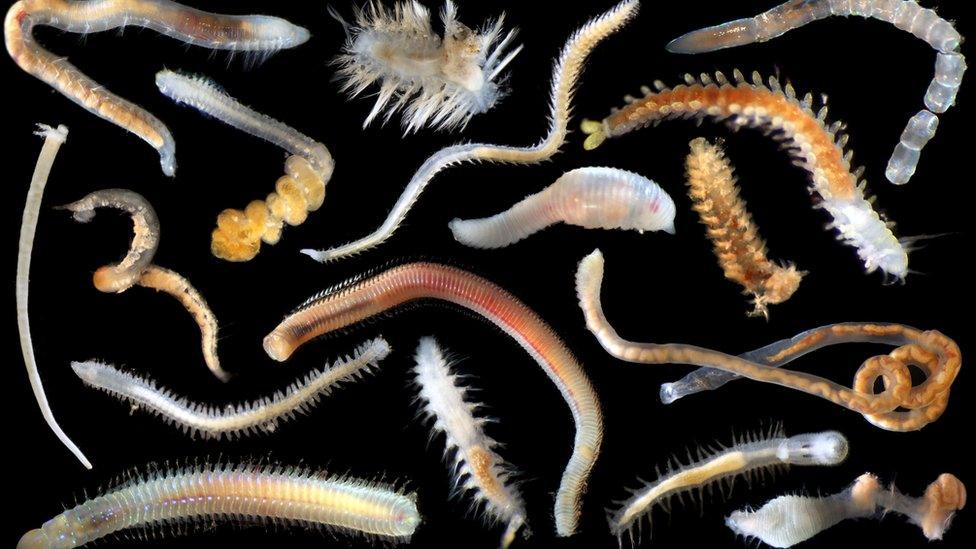Introduction to the Discovery
Recent explorations in the Pacific Ocean have yielded astonishing results, as researchers have unveiled an array of new species of deep-sea organisms. These findings not only contribute significantly to our understanding of marine biodiversity but also highlight the incredible adaptability of life in extreme environments.
The Significance of Deep-Sea Research
Deep-sea ecosystems have long remained a frontier of scientific exploration, largely due to the challenges posed by extreme depths and conditions. The researchers’ efforts to investigate these habitats have revealed unique adaptations in various organisms, showcasing life forms that thrive in darkness, intense pressure, and low temperatures. The Pacific Ocean, known for its rich biodiversity, serves as a vital habitat for these remarkable species.
Implications for Marine Conservation
The discovery of these new deep-sea organisms underscores the importance of protecting marine environments. As researchers continue to gather data about these species, it becomes increasingly evident that the conservation of these ecosystems is crucial. Understanding the roles these organisms play in their respective ecosystems can inform effective management strategies aimed at preserving oceanic health amid growing environmental threats.
In conclusion, the recent discovery of new deep-sea organisms in the Pacific Ocean enriches our understanding of marine life and emphasizes the need for continued exploration and conservation efforts. As we uncover the secrets of the deep, we must remain mindful of the fragility of these ecosystems and take steps to protect them for future generations.

